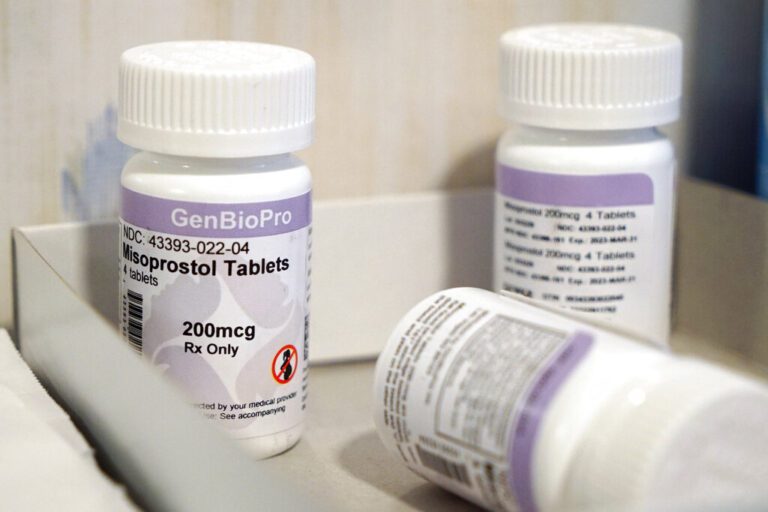Texas Movement Toward Restricting Abortion Medication: House Bill 7
Lawmakers in Texas are advancing legislation that could dramatically impact the distribution and manufacturing of abortion pills across the nation. The recent actions signify a concerted effort to enforce stringent regulations concerning abortion medication not just within state borders, but extending far beyond.
Recent Legislative Developments
On Tuesday, the Texas Senate cast a decisive vote of 17-9 in favor of House Bill 7. This bill enables private citizens to initiate lawsuits against any individual or entity that produces or distributes abortion medication to Texas residents, regardless of where the pills are manufactured. Notably, women who utilize these medications may also find themselves subject to legal action.
Key Points of House Bill 7:
- Lawsuit Eligibility: Citizens can sue manufacturers, distributors, and even individuals helping to facilitate access to abortion pills.
- Damages Awarded: Successful plaintiffs can receive $100,000 in damages.
- Next Steps: After passing the Senate, the bill awaits one final vote before moving to Governor Greg Abbott for approval.
Statements from Lawmakers
State senator Bryan Hughes, a primary sponsor of the legislation, emphasized the bill’s intent, stating:
“If you are going to manufacture or ship these illegal, poisonous pills to Texas for the purpose of killing little unborn babies and hurting moms, you will be held accountable.”
This stark assertion illustrates the overarching goal of House Bill 7: to deter the distribution of what proponents label as harmful substances.
Criticism and Concerns
However, not everyone shares this view. Organizations such as the ACLU of Texas have openly criticized the bill, arguing that it "exports Texas’ extreme abortion ban far beyond state borders." Critics contend that this legislation will:
- Create a chilling effect among providers and manufacturers across the U.S.
- Encourage residents to monitor and report on each other’s reproductive choices.
Broader Context of Abortion Medication Legislation
This legislative push comes amid a broader campaign by Texas officials aimed at restricting access to abortion medication. Recently, Texas Attorney General Ken Paxton has undertaken actions such as sending cease-and-desist letters to multiple abortion pill providers, accusing them of breaching the Comstock Act of 1873—a law historically disregarded but now being reevaluated.
Additional Legal Context:
- The Comstock Act prohibits mailing abortion-inducing medication, but enforcement has been nearly non-existent for decades.
- State officials, including those in Louisiana, are pursuing civil and criminal charges against individuals like Dr. Margaret Carpenter, a physician allegedly involved in shipping abortion medication to Texas.
Future Implications
The push for House Bill 7 and other related actions marks a significant moment in the national discourse surrounding reproductive rights. As state officials seek Supreme Court intervention regarding the interstate shipment of abortion medication, the implications for both providers and women seeking abortions could be profound and far-reaching.
While proponents herald this legislation as a necessary step to protect lives, opponents warn of the potential for increased fear and legal repercussions in women’s reproductive health choices. As this bill moves closer to becoming law, all eyes will be on Texas and the implications this may carry for abortion access across the country.
For further details, you can explore the Texas Legislature and the ACLU’s Stand on Reproductive Rights for more extensive discussions about these ongoing legal challenges.


